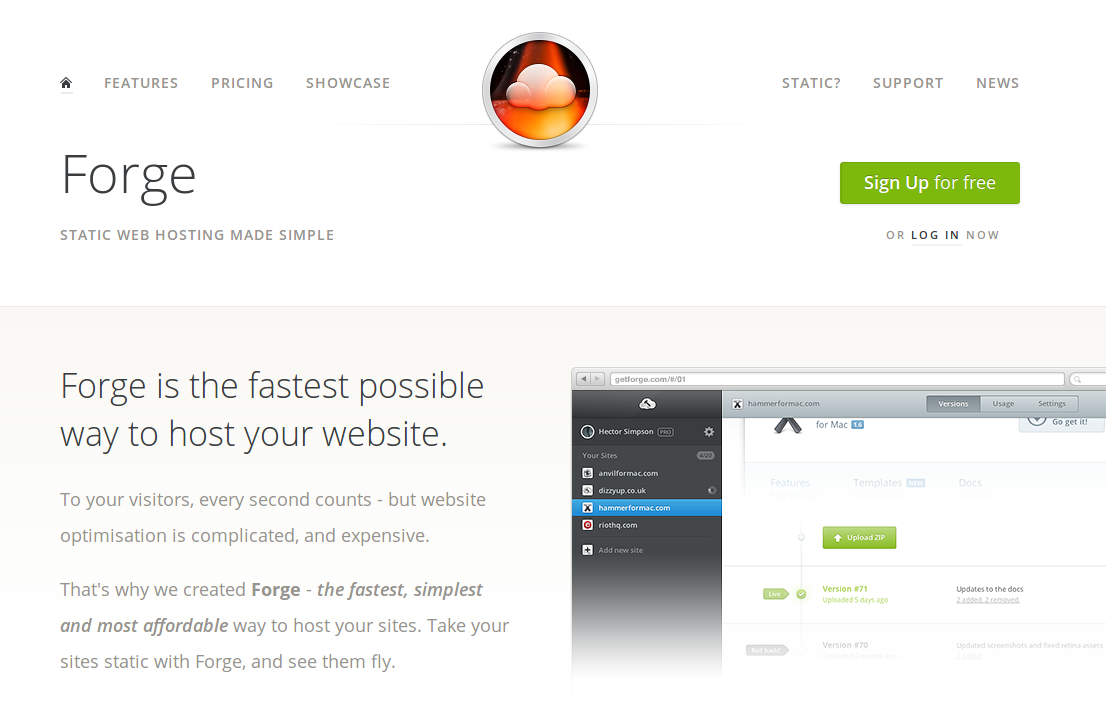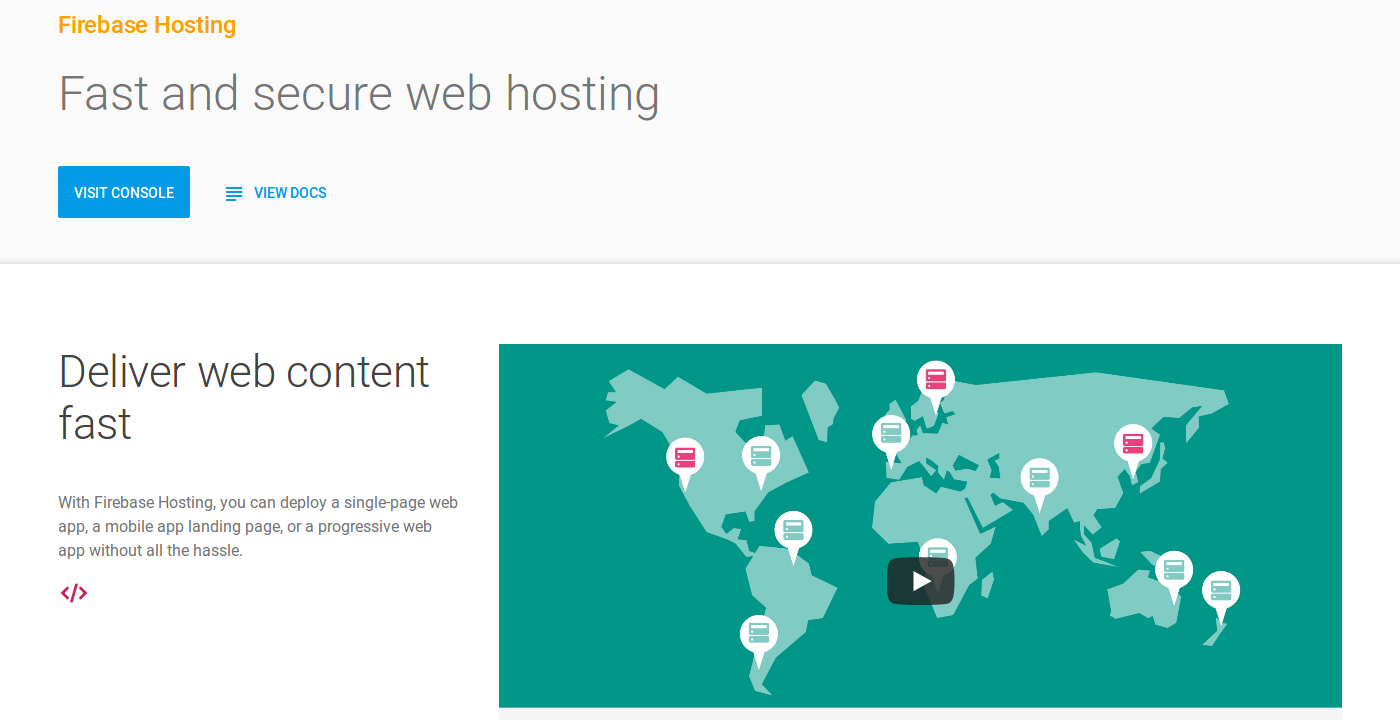
It has been a while now that this website is static (meaning that it is just a collection of HTML pages with some CSS and Javascript). Despite the limited needs of a static website, I have never taken the time to move away from the hosting solution that I was using back in the days when the website was built upon Drupal (relying on PHP and MySQL). The website being originally hosted on a managed VPS, this was becoming a quite expensive solution to maintain and since a new year had just started, it was a good time to finally take the resolution to find a cheaper solution. Let’s take a look at some of the options available nowadays to host static websites.
Options Available to Host a Static Site
It seems that static websites have become more and more popular during the last few years. From a business perspective, this makes sense as this allows for a faster page load for incoming visitors, and as we know performances do play a role in converting visitors into clients. From an individual point of view, having a static website means less maintenance (no need to consider database optimization, security, patching, etc. for instance). Whether for a personal or professional use, a static website has therefore seducted a larger and larger audience. A number of actors have entered the market to help companies and individuals make the best of this solution and we can have a quick look at some of the solution available below.
Netlify
I will start with the solution that I am now using for this website: Netlify. It comes with continuous deployment (through integration with GitHub, GitLab and BitBucket), CDN, cache management, free SSL certificate and HTTP2 to only name a few of the main features.

They have both a free and paid offer and support a number of static site generators (such as nanoc or hugo among many others). The paid offers focuses mainly on team collaboration (including custom work-flows) and offers the possibility to protect websites behind a password.
The process for deploying my website has become much easier thanks to the repository integration which means that as soon as I push a new article on Bitbucket, Netlify builds the website and publish the new version. Enabling HTTPS does not hurt either considering that Google mentioned that it is taking this as a parameter in its ranking algorithm.
Forge
Forge also specializes on static web hosting. The overall experience is somewhat simpler than with Netlify but it seems that the company is not as active and therefore there are less features and less documentation available. This might not be a blocker considering that they have been up and running for a while and still seem active in the static website space, designing solutions to create static websites for instance.

Their paid offer rely on a different business model than Netlify where the bandwidth is the main driver.
GitHub Pages
It is hard to talk about static website without mentioning GitHug Pages solution. As you would expect, this solution is focus around a Github repository and one can use Jekyll as the static site generator but you can as well simply import your static website directly.

If you are already hosting your code on GitHub, this might be an easy solution to limit the number of tools and solution that you are using. A number of popular projects are using GitHub Pages to host their documentation or main site.
Firebase Hosting
Firebase is a product of Google focusing on “building better mobile apps”. It is actually more of a collection of products, and one of them - Firebase Hosting - is focusing on delivering static assets and can therefore be used to host static websites.

Firebase is a bit more feature rich than Forge and GitHub Pages but falls a bit short when compared to Netlify. However, in most cases, this is probably not going to be any issue.
Amazon AWS, Google Cloud Platform, Microsoft Azure
I will conclude with the 500 pounds gorillas in the arena (read: major cloud solution providers). Indeed, they all have understood the importance of offering static website hosting and it is therefore well documented solutions. In essence, since a static site is just a collection of static files to serve this means that it is a pretty cheap solution, even for a site generating high traffic volumes. The main drawback is probably the initial setup and maintenance of this solution which might not be as straightforward for a non-technical person.
Amazon is probably the actor that have been the longest in this game, and as such offers quite extensive documentation around this process. Google Cloud Storage and Microsoft Azure also offer static hosting but the later comes with some limitations around navigation and indexes.
Conclusion
The popularity of static websites has been steadily increasing in the past few years. This has resulted in a number of new offerings specializing in just static website hosting. I am convinced that for a basic website, any of the solution provided above will be plenty enough. For more complex solutions having some particular needs (including publication work-flow customization, redirections, A/B testing, form handling or even lambda functions for instance), then some of the solutions above will not be appropriate because of their relative limited set of features.
Make sure to review your needs before settling in for one of the solutions above. While the beauty of a static website is its transportability, if you start using some unique features from one of the vendors covered in this article, then you might be locking yourself in.


For the time being, comments are managed by Disqus, a third-party library. I will eventually replace it with another solution, but the timeline is unclear. Considering the amount of data being loaded, if you would like to view comments or post a comment, click on the button below. For more information about why you see this button, take a look at the following article.